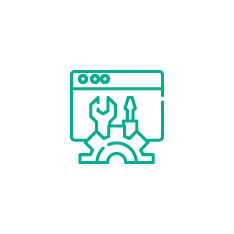To close out 2021, the core development team focused on small-scale improvements, bug fixes, and developer conveniences. The recent popularity of NFT projects on Neo N3 led to the elevation of NEP-11 support in the core node, seen with the release of a new tracker module. The TokensTracker plugin supersedes the previous NEP-17 only plugin and can be configured to track either token standard and enable respective RPC methods.
Amongst the developers of tooling and infrastructure, the common theme was test frameworks. AxLabs, Neo SPCC, and NGD Enterprise each released new tooling to simplify automated testing of smart contracts.
While the former two were primarily designed for Java and Go developers, the latter took the form of a new tool built specifically to grant non-C# developers access to the C# test framework. Alongside the existing tools from COZ, N3 developers have never had better access to the resources they need to get new apps fully prepared for production use.
See the November / December General Monthly Report for an overview of ecosystem activity.








